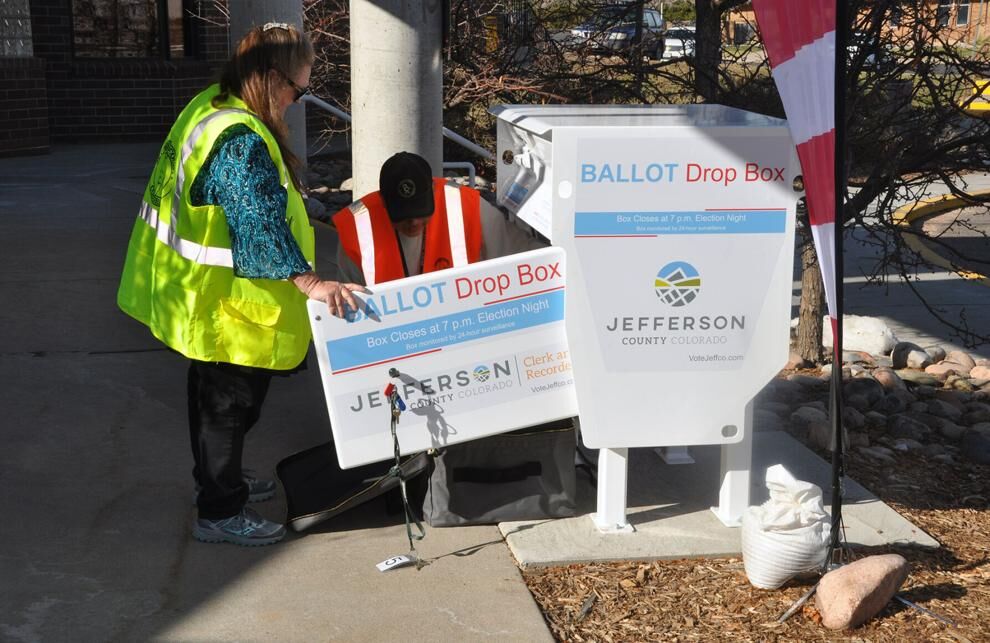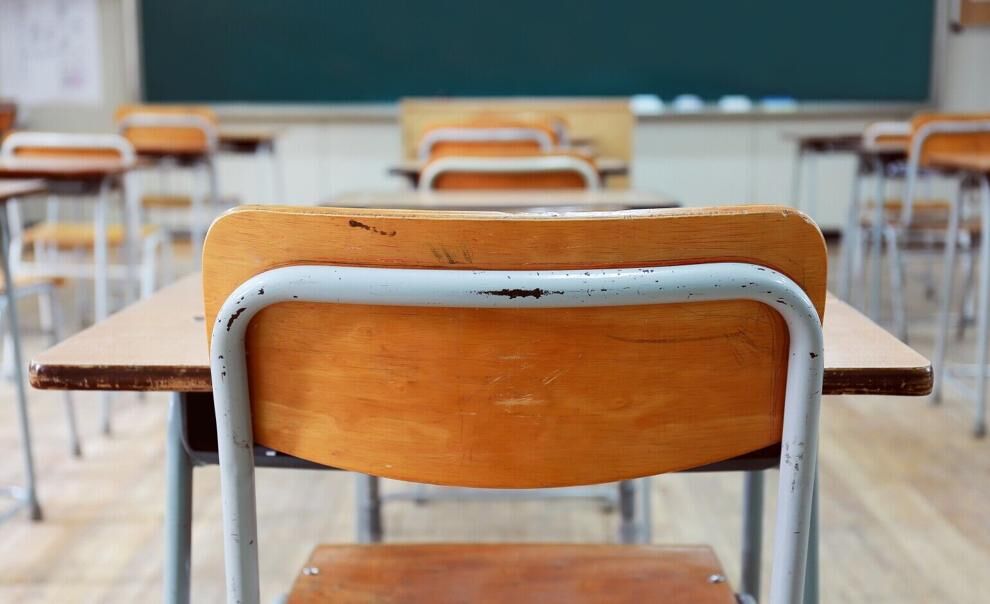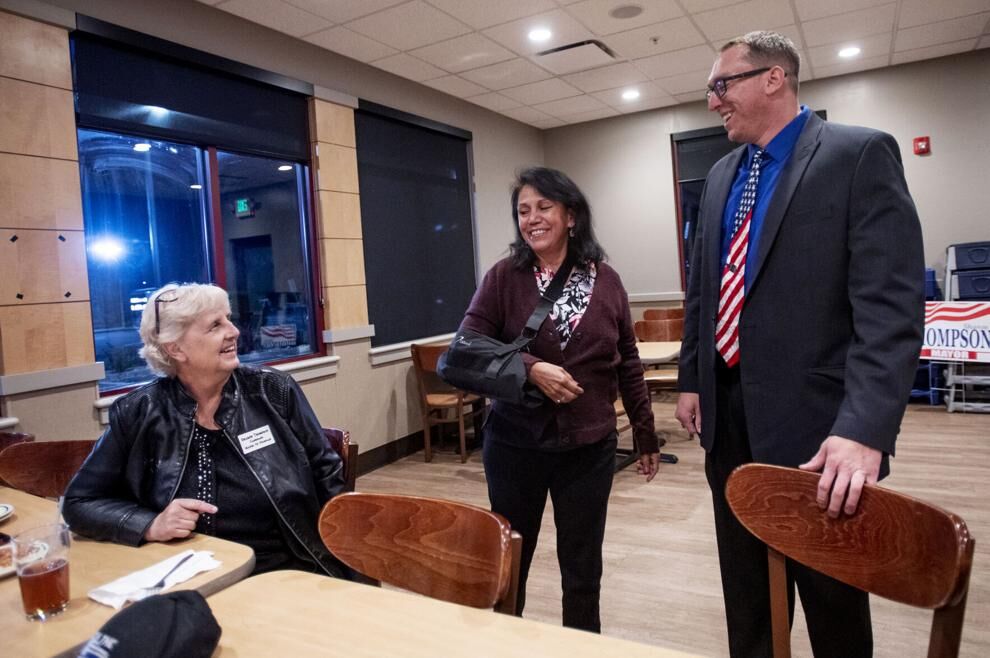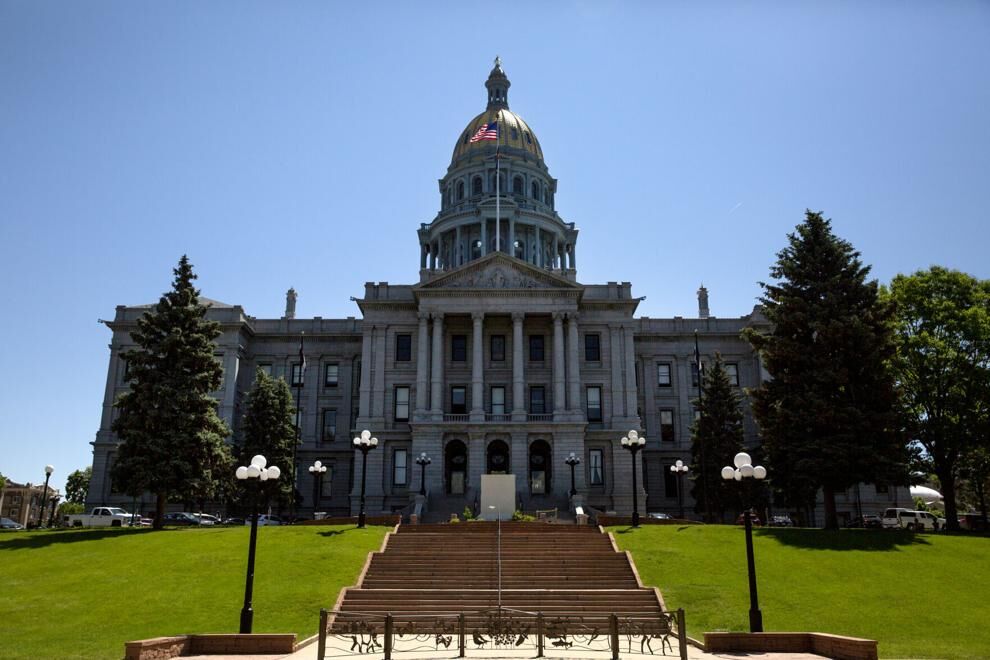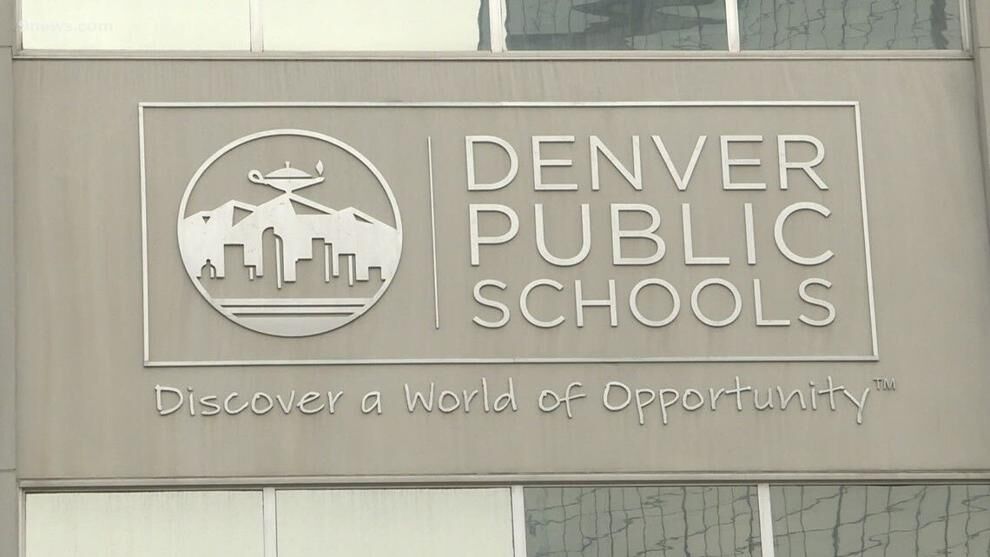Durango Herald: Call which doctor?
You hear it all the time these days, in articles, news reports and public service announcements: If you have COVID-like symptoms and you want to get a test, call your doctor – or your family doctor, or your primary care physician; problem solved. And lately we feel like yelling at the newspaper or the TV or the radio that not everyone has a doctor anymore.
More alarming is that spokespeople and administrators from clinics, governments and public health departments do not seem to know this. Instead, they seem to think they are speaking to America circa 1965, not to a time when everyone had affordable access to health care but a time when the people who did not seemed to be, despite their numbers, invisible.
A study published at the end of 2019 in the journal JAMA Internal Medicine found that between 2002 and 2015, the number of Americans with a primary care provider declined by roughly the population of New Jersey, with a starker decrease among the young. The proportion of U.S. adults with a primary care physician fell from 77% to 75%. Among 30-year-olds, the proportion dropped from 71% to 64%, and there was a nearly 10% decline among healthy people in their 60s.
The Affordable Care Act, signed into law in 2010, does not seem to have altered the downward trend, nor can we see any strong reasons why this decline would have halted or reversed since 2015. If we are to gauge by the evolving state of access to U.S. health care, there is good reason to suppose it has kept on plunging.
Half of the people who hear these announcements may not have a doctor to call. That is a big and inexcusable blind spot for people helping to set public health policies.
This is not about getting an annual physical; it is about having a relationship with a doctor if you get sick. And it’s about having someone through whom local, state and federal authorities can funnel critical care and prevention, such as testing.
But as things stand, these personal physicians are not coming back. For one thing, there are too many people even among the insured who are afraid to seek health care or create such a relationship because, between the cost of insurance premiums and out-of-pocket and deductible allowances, they cannot afford the unknown costs of seeking almost any kind of care. They go to nurse practitioners at drugstore clinics. They learn, in their self-defense, how to use super-glue.
What about young families such as the ones the 9-R school district says are fleeing this area now due to the pandemic? They must be driven out at least in part by economic necessity. Did they have family physicians before? Will they now? We saw the other day that Robert Dennis, a Centennial teacher, got a bill for $840,000 for COVID-19 treatment. How do we ask anyone, let alone a voter, to risk being the last person to go bankrupt or die for a broken system before we make real reforms?
There is no conceivable policy that will give every U.S. resident a personal physician, and it is high time to recognize it. Even socialized systems like the U.K.’s National Health Service would be insane to make such a claim. Making health care more accessible for everyone inevitably means more rationing of care. However, the boldest claim the NHS made from its inception in 1945 and the one it has honored ever since was that there would be care for every resident of the U.K. free at the point of use. That is the sort of object politicians from both U.S. parties must have in mind before meaningful reform will occur. The pandemic proves we have to aim higher.



